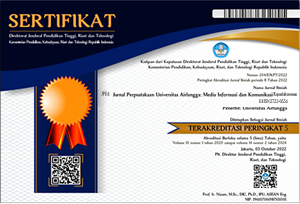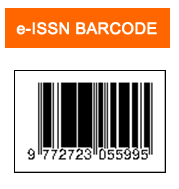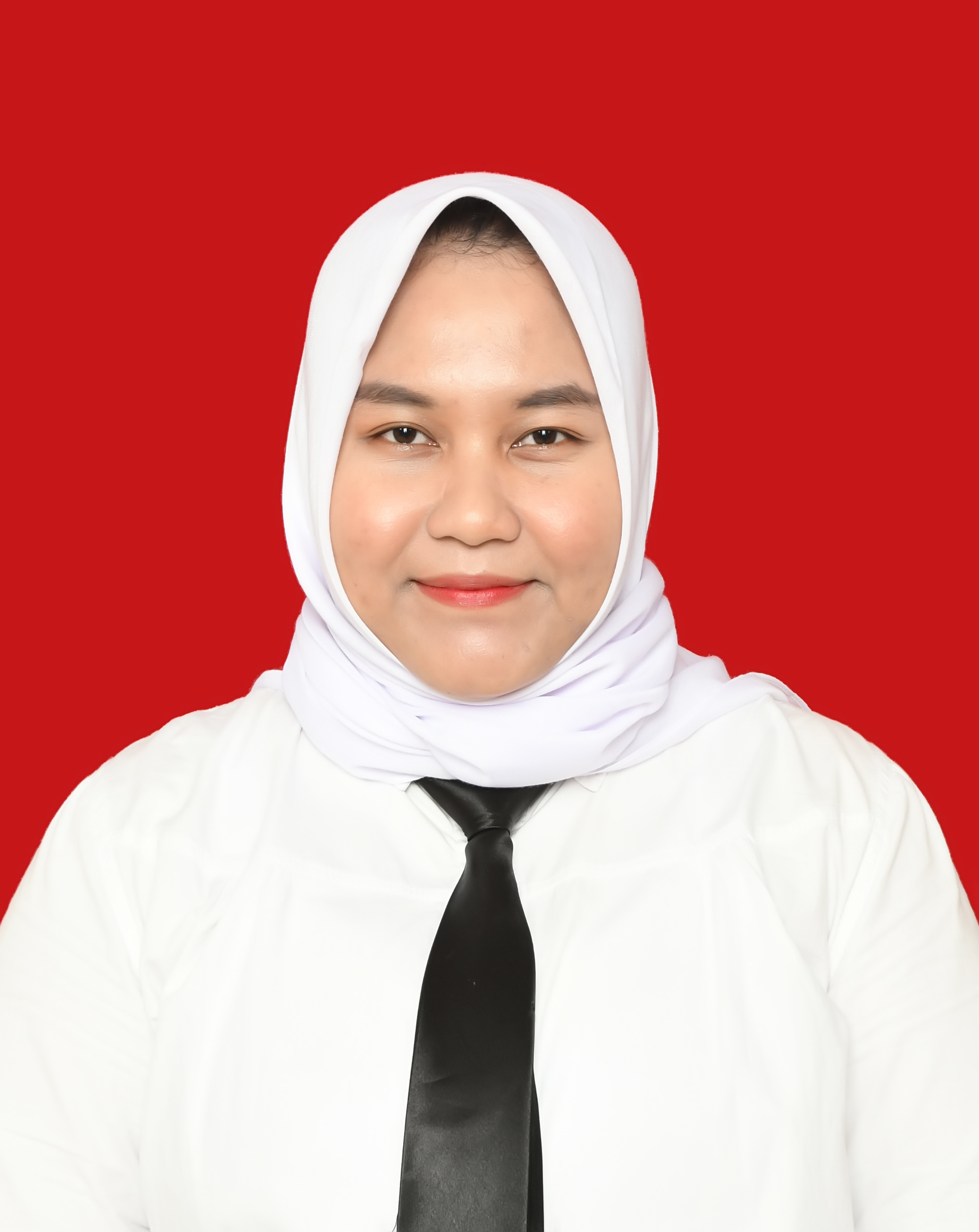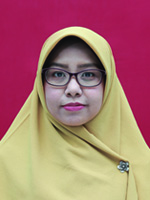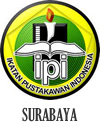Reflection of Alumni on The Experience of Writing Thesis: Case Study of Alumni Study Program in Libraryand Information University of Brawijaya
Downloads
Reflection on alumni experience is a study that aims to describe and identify aspects during the thesis writing process. This research uses a qualitative approach with the type of case study research on alumni of the Library and Information Science Study Program Universitas Brawijaya. Then the selection of alumni as informants considers the impact after writing the thesis is completed. The results of the study indicate that the alumni reflection on the experience of writing a thesis shows that there is a learning process from the process of submitting a title, searching for data to processing data. The learning process begins independently by focusing on the process of implementing alumni information literacy skills. Then there is the information management process which is the most important part because the process affects the decision-making for each action. In addition, the learning process becomes more complex by involving other parties. Or more simply, the involvement of other parties is the role of the thesis as a forum for collaborative learning in forming new understandings that can be useful across generations.
Achmadi, U. F. 2013. Kesehatan Masyarakat: Teori dan Aplikasi. Jakarta: Raja Grafindo Persada.
Black, P.E and Plowright. D. 2010. "A Multi-Demensional Model of Reflective Learning for Profesional Development”. Reflective Practice: International and Multidisciplinary Perspectives, vol 11, no 2, pp 245-258. DOI: 10.1080/14623941003665810.
Creswell, John W. 2015. Penelitian Kualitatif dan Desain Riset: Memilih di antara Lima Pendekatan. Pustaka Pelajar: Yogyakarta.
Ghufron, M. Nur& Rini R.S. 2010. Teori–teori psikologi. Jogjakarta: Ar-ruzzmedi.
Hetzner, Kffr. Stefanie Bianca. 2013. Reflection in Professional Practice. Regensburg: Universität Regensburg.
Linn, M.C., Palmer, E., Baranger, A., Gerard, E., & Stone, E. 2015. Undergraduate research experiences: Impacts and Opportunities. Science. 347(6222),
Marpaung, J., & Wilany, E. 2017. Hubungan antara self-efficacy dan motivasi intrinsik dengan prokrastinasi akademik mahasiswa FKIP Universitas Riau Kepulauan Batam. Dimensi, 6(1), 10-21.
Meulemeester, De. A. (2013). The "information literacy self-efficacy scale” and the medical curriculum At Ghent University. In: Kurbanoğlu S., Grassian E., Mizrachi D., Catts R., Å piranec S. (Eds). Worldwide commonalities and challenges in information literacy research and practice (ECIL 2013, CCIS 397, pp. 465-470). Berlin: Springer, Cham. https://doi.org/10.1007/978-3-319-03919-0_62
Nonaka, I. & Tayoma, R. 2015. The Knowledge-creating Theory Revisited: Knowledge Creation as a Synthesizing Process. J. S. Edwards (ed.), The Essentials of Knowledge Management.
Notoatmodjo, S. 2014. Ilmu Perilaku Kesehatan. Jakarta: Rineka Cipta.
Prasetyawan, Y. 2018. Pengembangan instrumen pengukuran kemampuan literasi informasi berbasis efikasi diri (self efficacy). Anuva, 2(3), 273-279.
Pychyl, T. 2011. Procrastination: Oops, where did the day go?. Psychology Today.
Robbins, S. P. & Judge, T. A. 2013. Organizational Behavior Edition 15. New Jersey: Pearson Education
Sandars J. 2009. The use of reflection in medical education: AMEE Guide No. 44. Med Teach. 2009;31 (8):685–95.
Septiono, T. & Anizah, N. U. 2019. Comtempory Batik Motif As The Implication of Collaborative Learning and Knowledge Practices In Batik Industry of Limbasari Village, Indonesia. Proceedings of ISoLEC, Universitas Negeri Malang.
Solihat, R., Rastaman, N., Widodo, A. & Saefudin. 2015. Keterampilan Riset Mahasiswa Biologi dan Pendidikan Biologi Analisis Berdasarkan Refleksi Personal. Jurnal Metodik Didaktik Vol. 9 No. 2.
Yulianto, K. & Rukmini, E. 2014. Refleksi Aplikasi Pembelajaran Medical Writing Presentation Pada Mahasiswa Semester Satu Fakultas Kedokteran. Jurnal Pendidikan Dokter Indonesia Vol. 3 No. 2.
Copyright (c) 2021 JPUA: Jurnal Perpustakaan Universitas Airlangga: Media Informasi dan Komunikasi Kepustakawanan

This work is licensed under a Creative Commons Attribution-NonCommercial-ShareAlike 4.0 International License.
1. The journal allows the author to hold the copyright of the article without restrictions.2. The journal allows the author(s) to retain publishing rights without restrictions
3. The legal formal aspect of journal publication accessibility refers to Creative Commons Attribution- NonCommercial-ShareAlike: CC BY-NC-SA



